info@vivavel.com
+919818262686
+919818262686
 info@vivavel.com
info@vivavel.com +919818262686
+919818262686Cervical Spondylosis, often called neck arthritis, is a degenerative condition that impacts the cervical spine, which is the upper portion of the spine located in the neck. This ailment predominantly affects individuals aged 50 and older, as the natural aging process contributes to the gradual deterioration of bones and cartilage surrounding the neck vertebrae. Over time, this wear and tear can lead to the narrowing of the spinal canal or the compression of the spinal cord and nerve roots, resulting in various symptoms. Individuals may experience persistent discomfort and pain, limited mobility in the neck, stiffness, and, in some cases, neurological complications such as tingling, weakness, or numbness in the arms and hands. The effects of cervical Spondylosis can significantly impact daily activities and quality of life, making early diagnosis and management essential for those affected.
 Signs and symptoms vary based on the severity of degeneration and whether nerve roots or the spinal cord are affected. Common symptoms include:
Signs and symptoms vary based on the severity of degeneration and whether nerve roots or the spinal cord are affected. Common symptoms include:
These symptoms can significantly impact daily life and warrant attention from a healthcare professional for assessment and management.

 The condition arises primarily due to age-related changes in the cervical spine. These changes include:
The condition arises primarily due to age-related changes in the cervical spine. These changes include:
 Individuals should seek medical help if they experience:
Individuals should seek medical help if they experience:
Prompt medical attention helps prevent further complications and ensures effective treatment.
 Physicians employ a variety of diagnostic methods to evaluate Cervical Spondylosis, each designed to provide insight into the condition's underlying factors:
Physicians employ a variety of diagnostic methods to evaluate Cervical Spondylosis, each designed to provide insight into the condition's underlying factors:
These guidelines help manage the condition effectively:
 Do's:
Do's:
 Don'ts:
Don'ts:
NOTE:
Our medical content authors have diligently gathered and synthesized information on this topic to offer valuable insights to our readers. Drawing from a range of reputable medical journals and health resources, this content aims to enhance understanding of the subject. It's important to remember that while this information is informative, it should not replace personalized consultation or treatment from a qualified physician. For further details, please refer to our Editorial Policy.
For this topic, our authors used some of the following resources:
OrthoInfo | Cervical Spondylosis (Arthritis of the Neck)
National Library of Medicine | Cervical Spondylosis

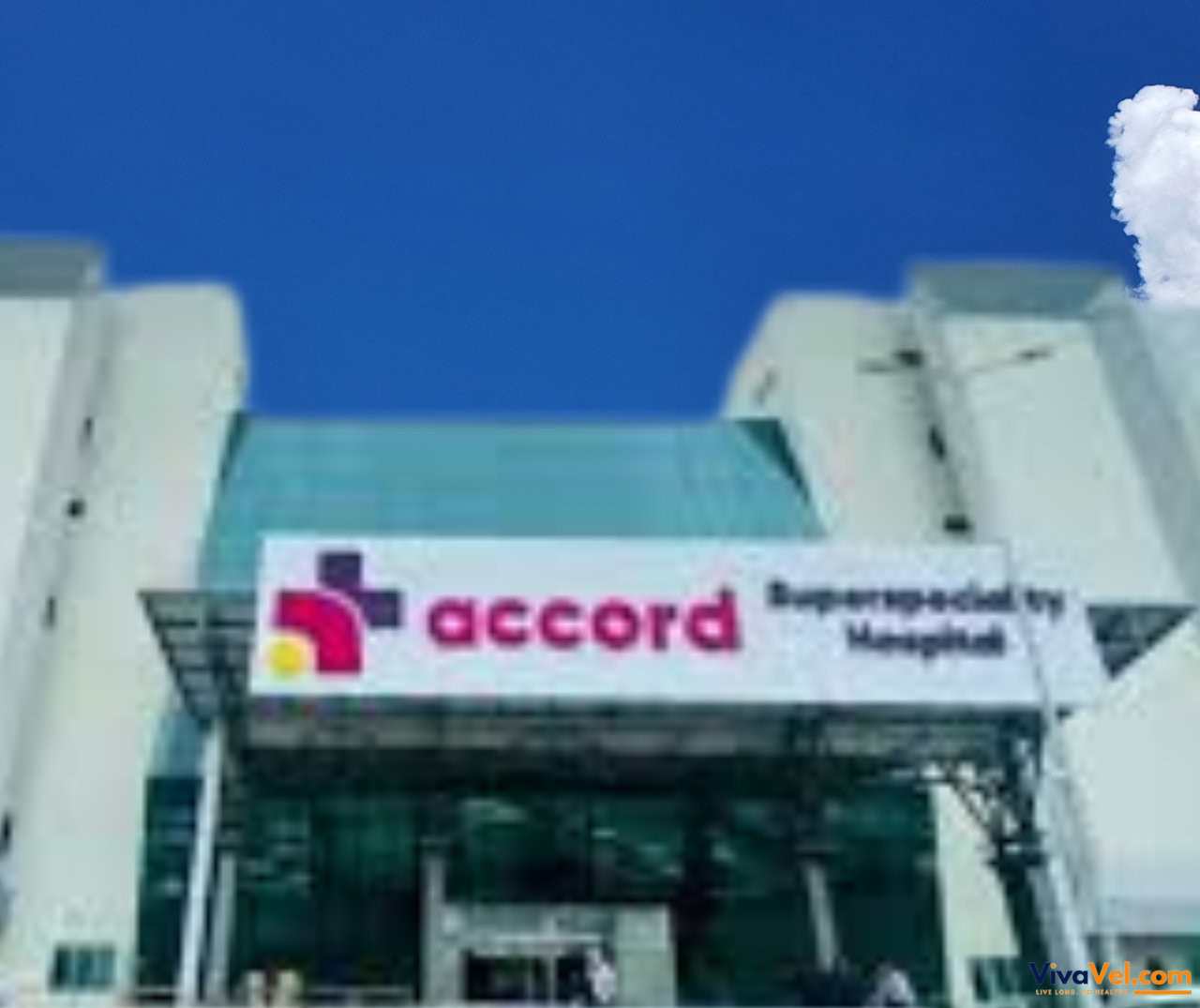


![]() Budena Village, Sector 86, Faridabad, Haryana 121002, India
Budena Village, Sector 86, Faridabad, Haryana 121002, India
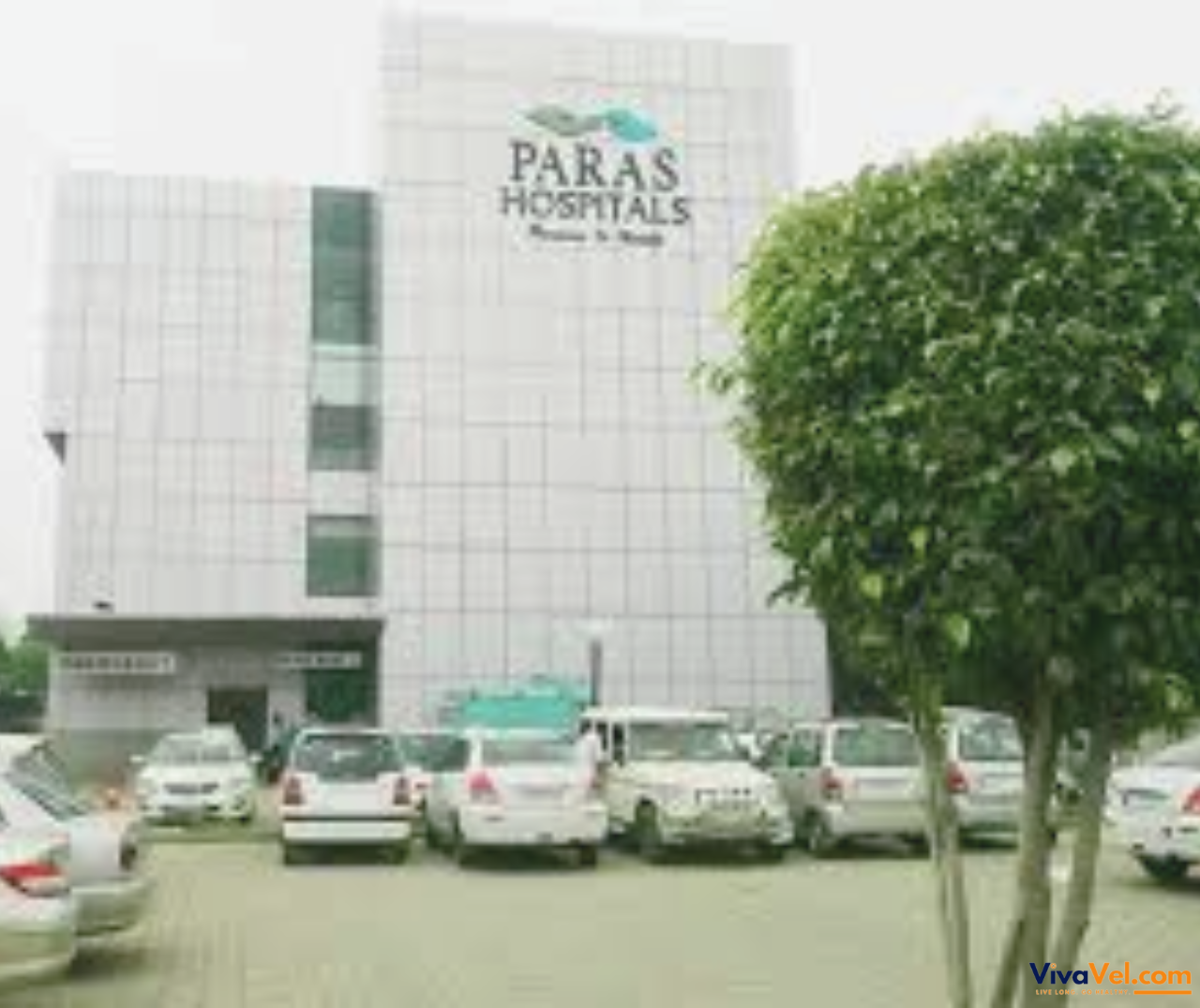


![]() C-1, Sushant Lok- 1, Sector-43, Phase- I, Gurugram, Haryana, 122002
C-1, Sushant Lok- 1, Sector-43, Phase- I, Gurugram, Haryana, 122002




![]() Lot 2, Jalan Baung 17/22, Seksyen 17, 40200 Shah Alam, Selangor Kuala Lumpur, 40200 (Malaysia)
Lot 2, Jalan Baung 17/22, Seksyen 17, 40200 Shah Alam, Selangor Kuala Lumpur, 40200 (Malaysia)

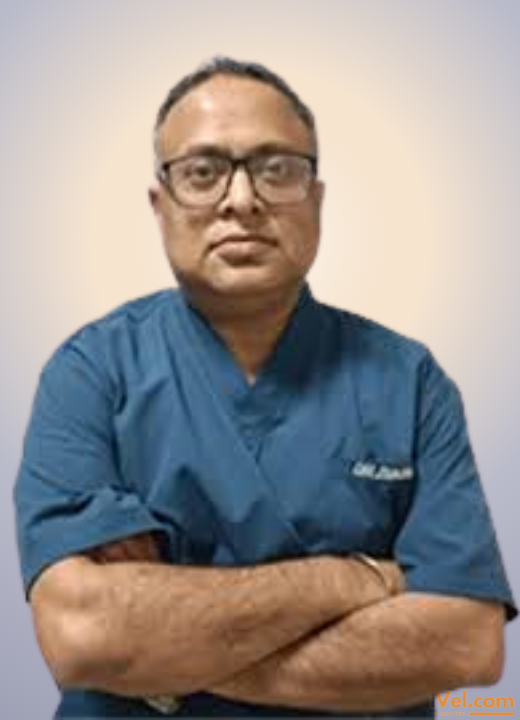
Dr. Sunandan Basu is a renowned neurosurgeon with over 22 years of experience treating various progressive neurological diseases. He completed his MBBS and later earn...
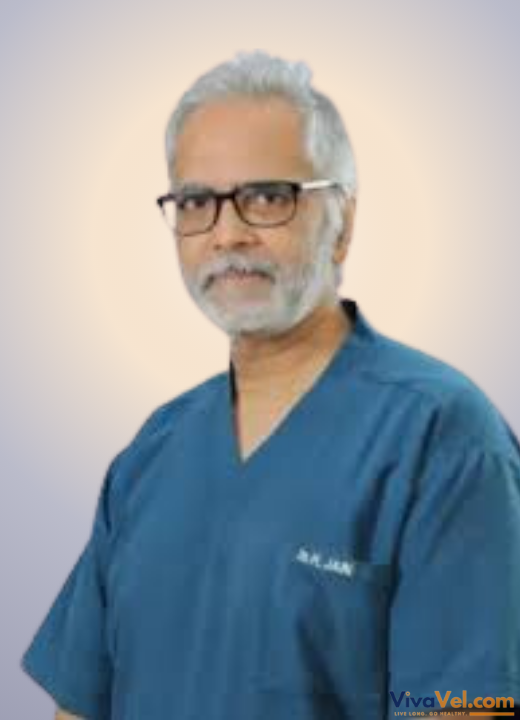
Dr. Harsh Jain is a highly regarded neurosurgeon with over 26 years of experience. He graduated with his bachelor's and master's degrees in medicine from Nil ...
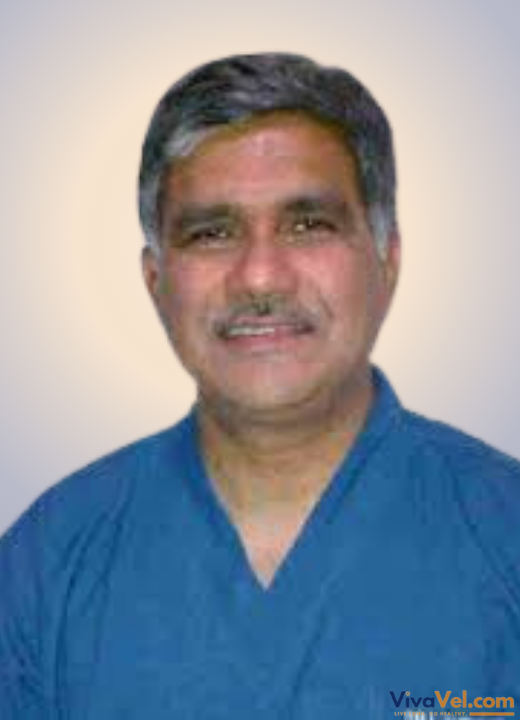
Dr. LN Tripathy is a highly esteemed neurosurgeon with an impressive 31-year career. Since April 2010, he has been the Director of the Medica Institute of Neurologica...
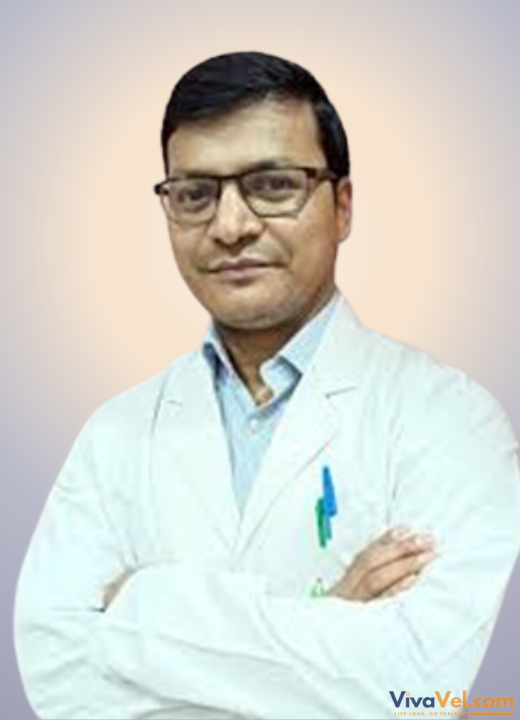
Dr. Ravindra Singh boasts over 23 years of professional experience, with 15 of those years dedicated to Spine & Orthopedics. He is a skilled Orthopaedic Spine Spe...

Dr. Bharat Dave is a pioneering spine surgeon renowned for his dedication to advancing spine care in Gujarat and across India. Born in Kapadwanj, he pursued medical e...

Dr. Hitesh Garg is an Orthopedic Spine Surgeon with 23 years of experience. He has performed over 5,000 spine surgeries, including more than 2,500 spinal fusions, 1,0...
Treatment Plan & Cost within 2 days
